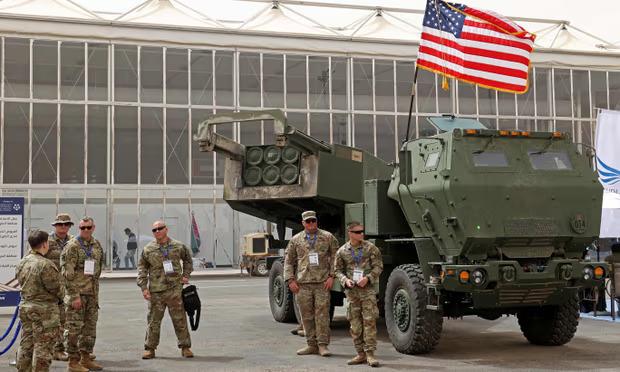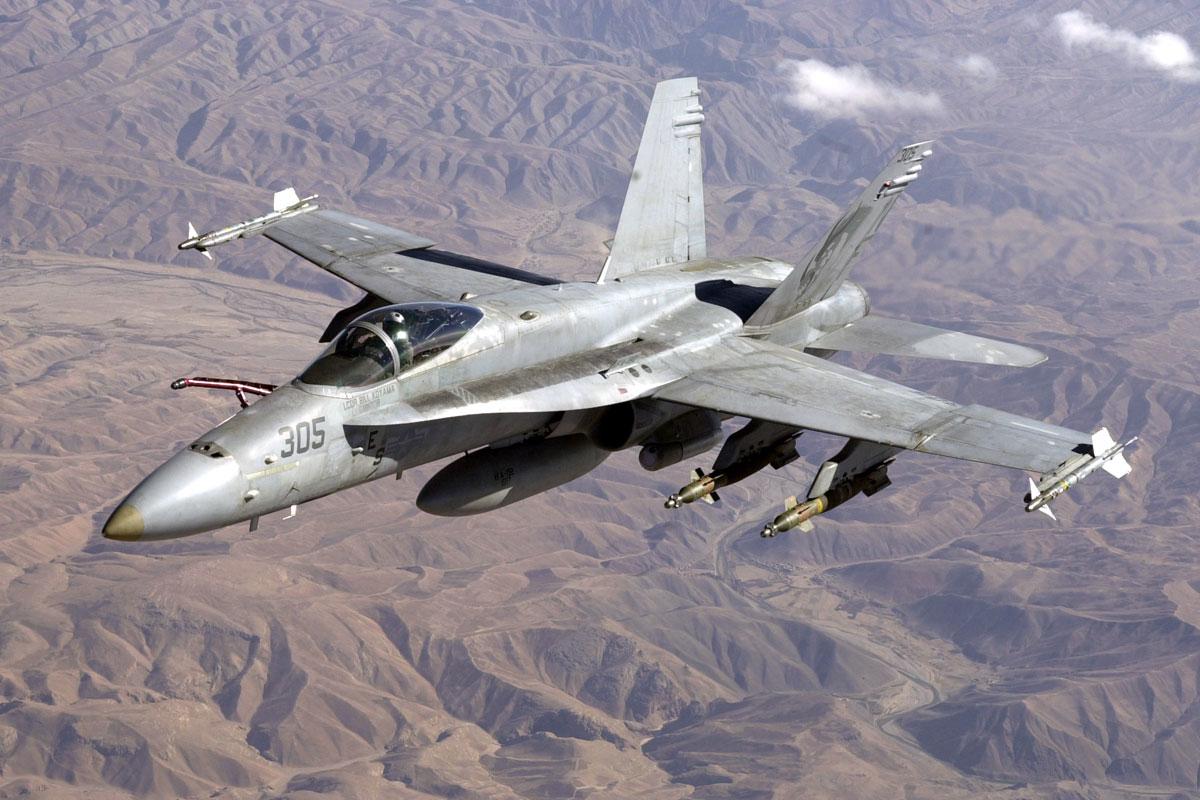The war in Ukraine triggered internal debates in the U.S. How to secure a country through a war?
On December 6, 2023, the U.S. Senate Republicans voted unanimously on Wednesday to block the emergency spending bill to provide $110.5 billion in funds for Ukraine, Israel and other security needs to press their demands for more immigration control via the U.S. border with Mexico.
The result, which had been expected, threatened Democratic President Joe Biden's effort to provide new aid before the end of 2023. As a result, Biden accused Republicans of “playing chicken” with U.S. national security. The tally for the procedural vote was 49 to 51, falling short of the 60-vote threshold needed to proceed.
While Republican members are generally in favour of aid to Ukraine, some have sought to use the issue as a way to address mounting domestic concerns over the U.S. southern border. The ruling administration put enormous efforts to explain to the Senate the urgency of the continuous financial and military support to Ukraine, as Russia will not stop if it achieves the main goals of its invasion campaign.

In the meantime, Ukraine’s counter-offensive operation has thus far failed to reach its stated goals of retaking all Ukrainian territory and breaching Russian front lines. Amid the vote failure, the Biden administration allocated a smaller $175 million package of military aid to Ukraine that would include High Mobility Artillery Rocket Systems (HIMARS), anti-armour systems and high-speed anti-radiation missiles without the confirmation of Congress.
On the other hand, the Biden administration provided a $10 billion military aid package to Israel, its main ally in the Middle East, amid its raging war against the Hamas militant organization in Gaza. Israel has been waging war on Hamas with a vow to topple its regime in the Gaza Strip after thousands of terrorists burst into southern Israel on October 7 and launched a shock assault, killing some 1,200 people and taking at least 240 hostages into Gaza.
Although the process of military aid is still under review, President Joe Biden invited Ukrainian leader Volodymyr Zelensky to Washington to underscore the United States’ unshakeable commitment to supporting the people of Ukraine as they defend themselves against Russia’s brutal invasion. Undoubtedly, President Zelensky himself faces harsh confrontation at home in light of the counter-offensive stalemate against Russia, mounting criticism of Western partners regarding corruption scandals, and depleting ammunition stockpiles.

Consequently, according to the Ukrainian media, Kyiv’s latest list of U.S. weapons includes more sophisticated weapons it needs to fight the Russian military, including sophisticated air defence systems, such as F-18 "Hornet" fighter jets, drones, Apache and Blackhawk helicopters. Nevertheless, the comprehensive list included weapons Ukraine already has in stock, like Abrams tanks and 155-millimeter artillery, as well as some weaponry such as F-16s, drones and long-range ATACMS missiles that it has previously asked for. Moreover, the list has a few surprises, including big-ticket items like the C-17 Globemaster transport jets by Boeing and the C-130 Super Hercules by Lockheed Martin.
Hence, the depleting stockpiles are not the main headache of Kyiv as the country's military suffers massive damage due to the landmine and anti-tank mine explosions along the frontline. Since the war unfolded, Ukraine became the most polluted country, with landmines in Europe planted by Russia. Therefore, the de-mining process remains the key priority of Zelensky's administration.
The current strained relations of Kyiv with regional partners like Poland, Slovakia, and Hungary complicate Ukraine's ties with the NATO community. Those countries increased pressure on Ukraine for various reasons, while Poland, the neighbour and the closest country, introduced a ban on Ukrainian trucks and goods, citing "economic interests". European states bordering Ukraine have provided a key alternative route to global markets for Ukraine, as Russia’s invasion cut off many routes through the Black Sea.
Moreover, in September 2023, during the critical times of the counter-offensive against Russia, the Polish government openly stated that it is no longer transferring any weapons to Ukraine because we are now arming ourselves with the most modern weapons.
Despite heated debates regarding the continuous military aid to Ukraine, NATO will likely push for additional support to Kyiv despite the country being economically and demographically exhausted due to the unprecedented Russian missile and drone attacks. However, foreign partners and donors will further scrutinize Ukraine's ability to continue effective counter-offensive operations.








